The Town of Chapel Hill in collaboration with 97.9 The Hill WCHL & Chapelboro.com present “Our Town: Stories of Chapel Hill.” Each month you’ll hear from the people at the heart of your local government who are learning, serving, and working together to build a community where people thrive. This month, Rebecca Buzzard and Katelyn Robalino, from the Town’s Strategic Communications Marketing and Engagement team tell the story of Language Access and Language Justice in Chapel Hill.
Rebecca Buzzard: How the town approaches language justice is making sure that all residents are able to access town services, programs, structures in the language that they feel most comfortable with.
Katelyn Robalino: Part of the town’s vision for a healthy and inclusive community does include equitable engagement. And for me, equitable engagement is reaching everyone that has been historically disenfranchised and feels left out of the conversation. Language access and language justice helps us accomplish that. When they see someone that speaks their language, it helps them feel more comfortable to reach out and ask us questions. Whether that is something simple like how do I rent a soccer field at the park? Or something like, I need a new trash can and I’d like to request a new one because my old one is broken. For us as a town, as we serve our residents, we want people to be able to feel like they are agents in decision making processes. And the way we do that, well, one of the ways, there’s many, but one of the ways, is through language justice.
Buzzard: Many Chapel Hill residents do not realize that almost 21% of residents speak languages other than English, and 6% of those speak English less than very well. What that means is there is a significant proportion of our community that cannot communicate and engage with the town without the services that we’re offering.
Robalino: One great example of this was our Parks and Recreation summer camp registration. There is a consistent need for parents that are interested in registering their children who speak other languages. Parks and Recreation reached out to me and let me know that they were going to need several interpreters on board so that people could register their students as quickly as possible to make the deadlines. And that was really great to get to be a part of that process and see how excited parents were that they were able to sign up their students for summer camp and have their summers enriched.
Buzzard: The town surveyed hundreds of residents. And what we learned is that our five primary languages in Chapel Hill are Mandarin, Burmese, Karen, Spanish, and English. And our work is focused on ensuring that residents can communicate with us, and we can communicate with our residents in the language that they speak. And we do that through translating important communications and providing interpretation equipment. I think one of the cool things about the equipment is that it is a resource available to the whole community. Habitat (for Humanity Orange County) borrows it, UNC (at Chapel Hill) borrows it.
Robalino: Transplanting Traditions has borrowed it. Tierra Negra, which is a local grassroots farm (has borrowed it.) So that was pretty powerful that they reached out to us and relied on us for that. And it was absolutely free to them because we provide a service for everyone to use.
Buzzard: It is one way that we have community impact. (Another way is) In Chapel Hill, a large proportion of our public housing residents speak languages other than English. And one of the documents that we have had translated is the public housing application so that residents can understand the provisions of their lease and apply to public housing in the language that they feel most comfortable using. The importance of that is that community members feel included in town services processes and where they live their homes, they feel a sense of inclusiveness and belonging.
Robalino: The interpreters that we have on staff speak Arabic, Karen, and Mandarin. We had a couple of events that we wanted to invite our public housing residents to, and so we had two of our Arabic interpreters going door to door and inviting people. For some folks, it was the first time they had ever heard someone from the town that speaks their own language, and it was really powerful for them and really made them feel seen and heard. And so I think in the future, we just want to have more opportunities for folks to have that experience.
Robalino: I’ve been working with the manufactured home communities to figure out what are the different needs that they have. Manufactured home (communities) in Chapel Hill are predominantly Spanish speaking. For me, I think when I started this work, I assumed that because I spoke Spanish, it would be easy to connect with people. It really wasn’t. And it took me several months of continuously inviting people to events, knocking on doors, and really just showing up and around the community for people to recognize me. And so building that trust has been really important.
Buzzard: What Katelyn said in terms of building relationships and trust, that takes time. And while we’ve made great strides in making the town’s information and programs and services more accessible to our community members, there’s still a lot of work to do. What that means is continuing to train town staff so that they know how to use our language line and access interpreters and making local government more accessible to all of our residents.
Robalino: The thing that I’m most proud of is being able to train community interpreters. Getting that experience to meet people who are the people that are the defacto interpreters for their family, whether they want to be or not, was really powerful. And to know that the Town of Chapel Hill supported and funded this training, I think made a profound impact on people. And as a result, there was 22 people that received this interpreting for social justice training, and now that’s 22 more people in the community who are better advocates for speakers of languages other than English,
Buzzard: I’m most proud of hiring Katelyn (Robalino.) She has enabled us to advance this work in ways that I think were not possible before she joined our team. The fact that she’s bilingual, the fact that she’s justice focused has meant that we’re able to build relationships and make connections that otherwise wouldn’t have been possible.
Sign up for Our Town, a weekly email with cool stories like this and all the latest news from the town.
Chapelboro.com does not charge subscription fees, and you can directly support our efforts in local journalism here. Want more of what you see on Chapelboro? Let us bring free local news and community information to you by signing up for our newsletter.

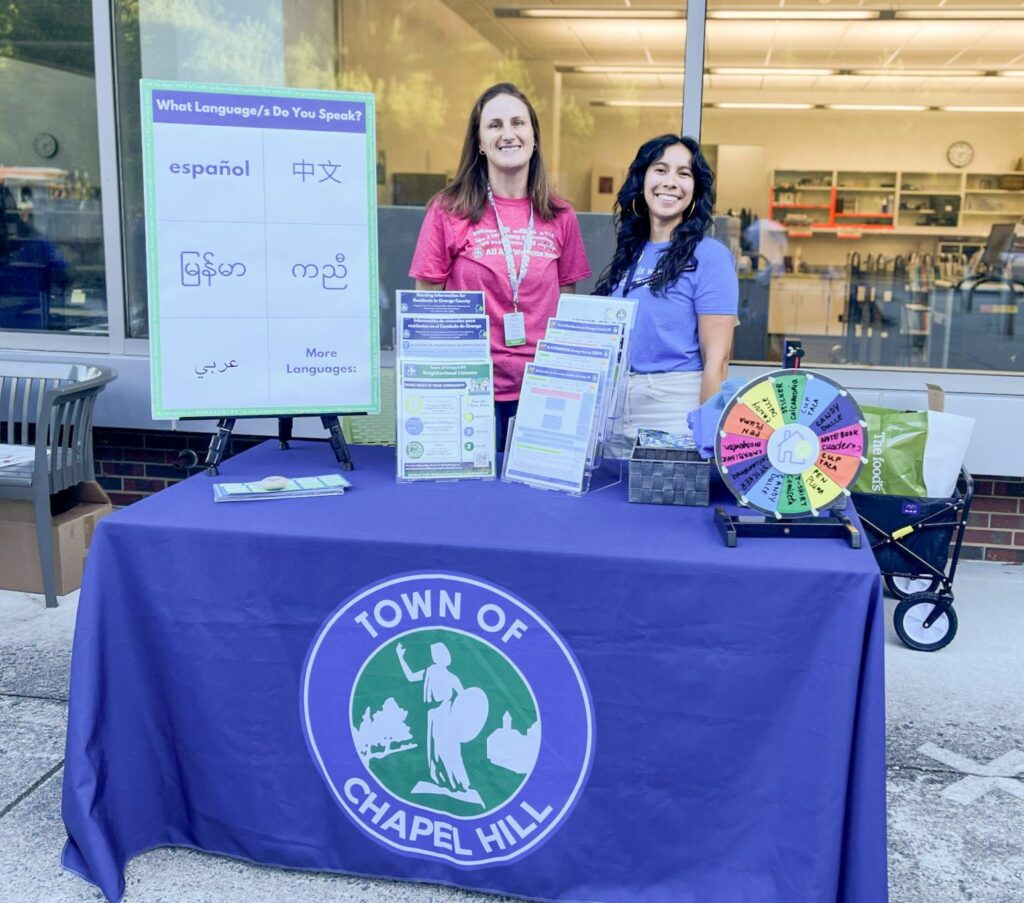
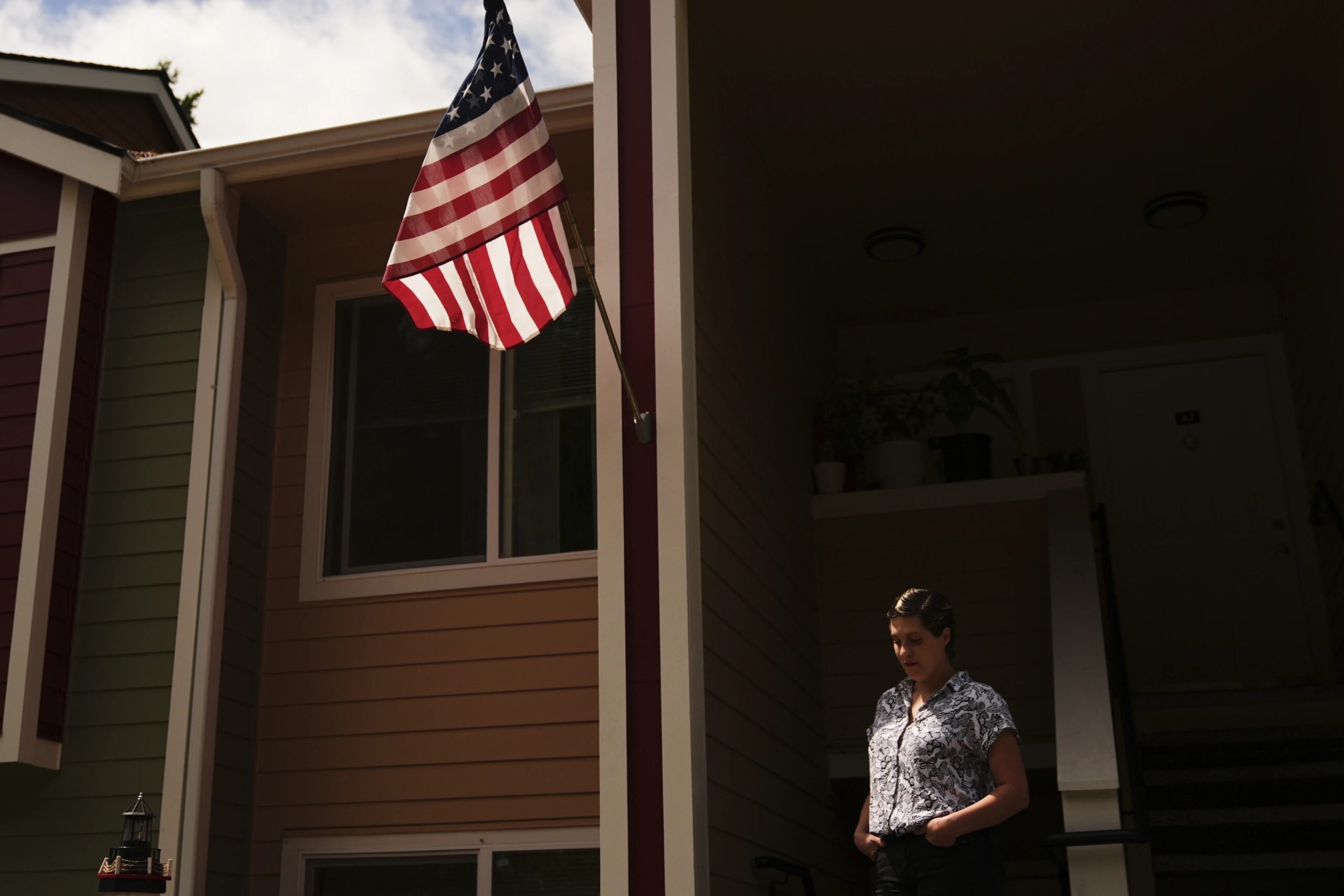
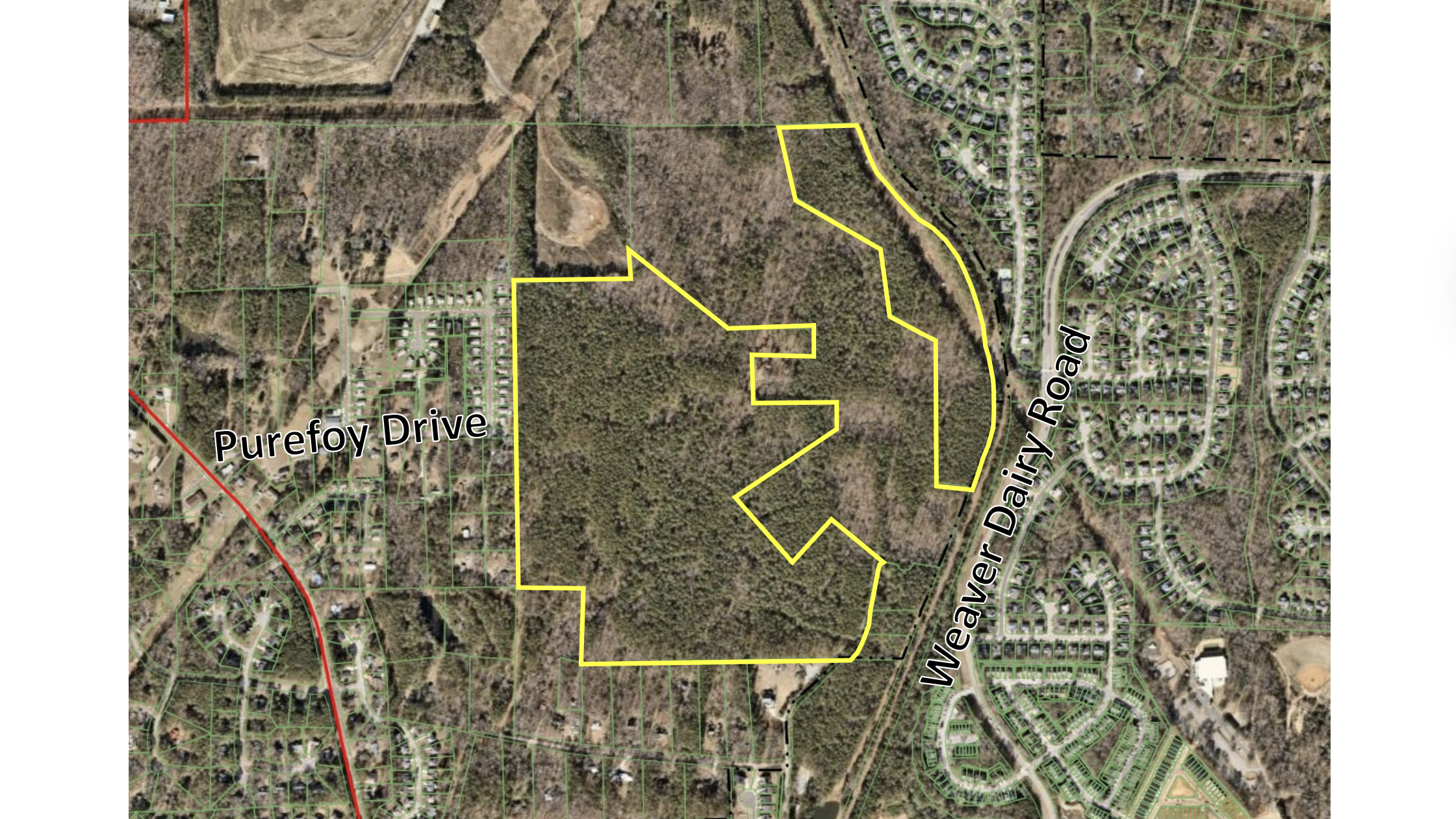
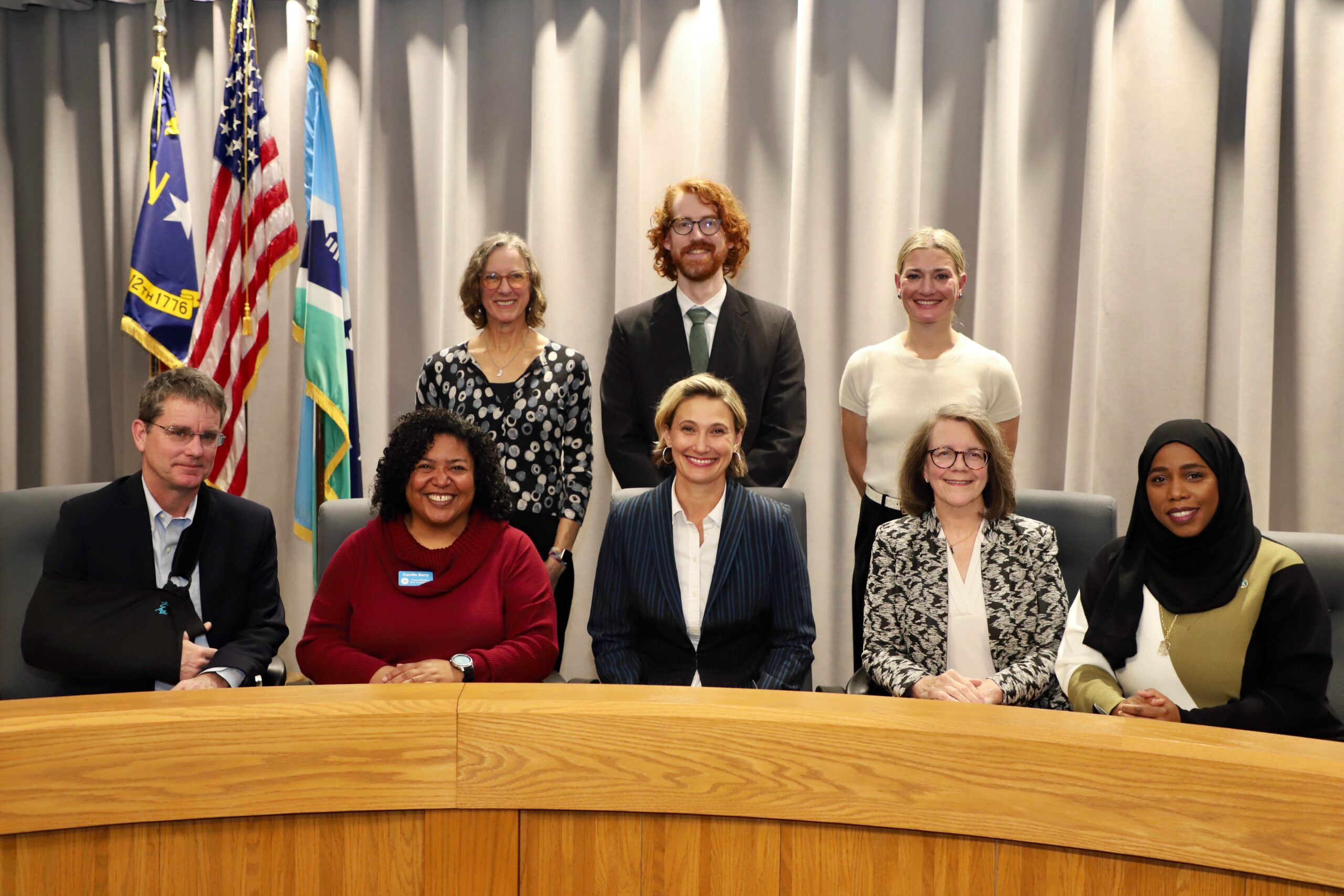


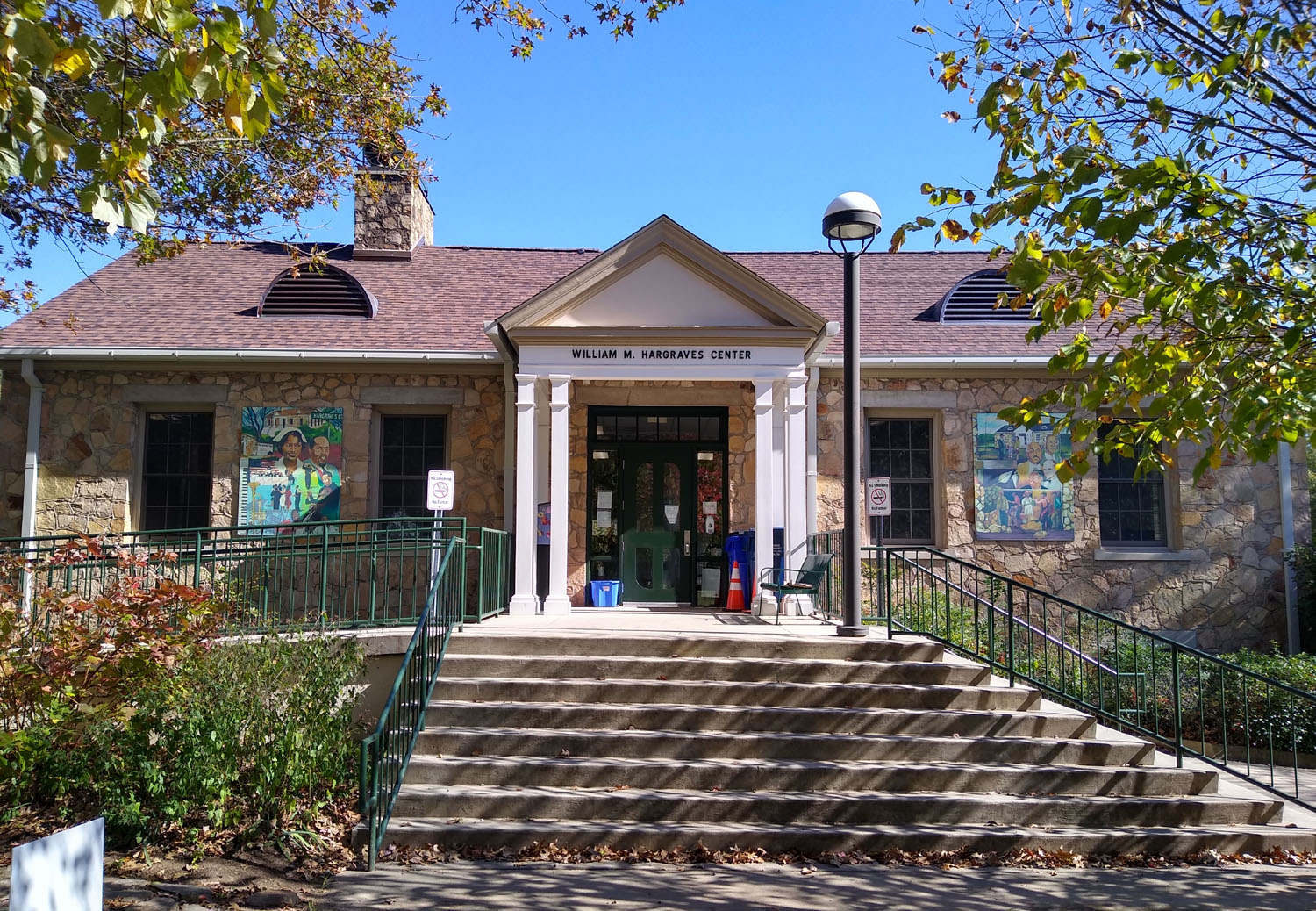
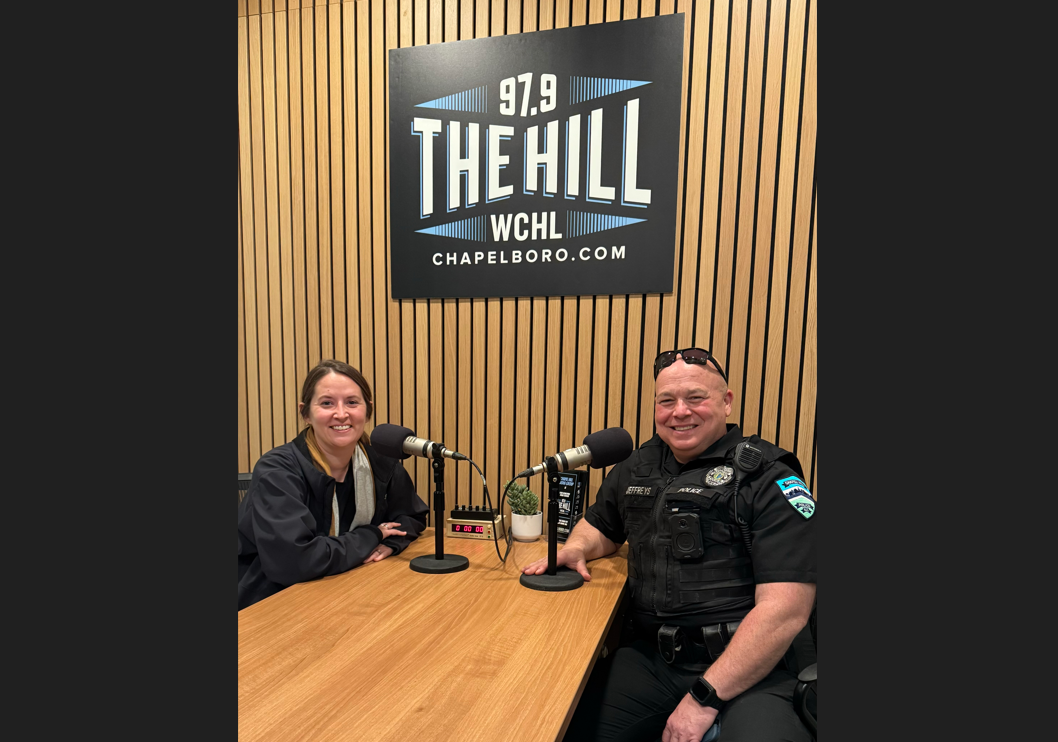

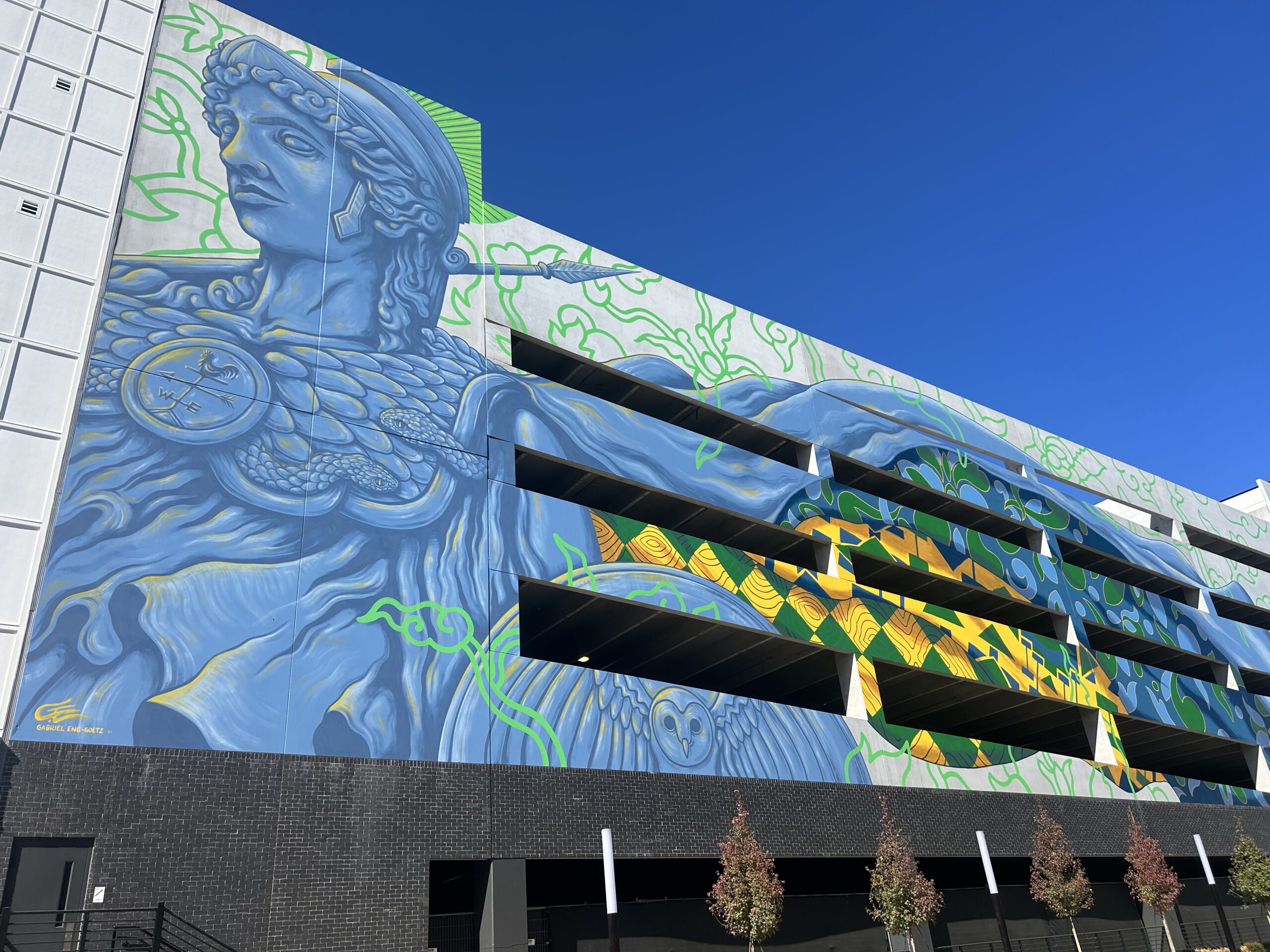
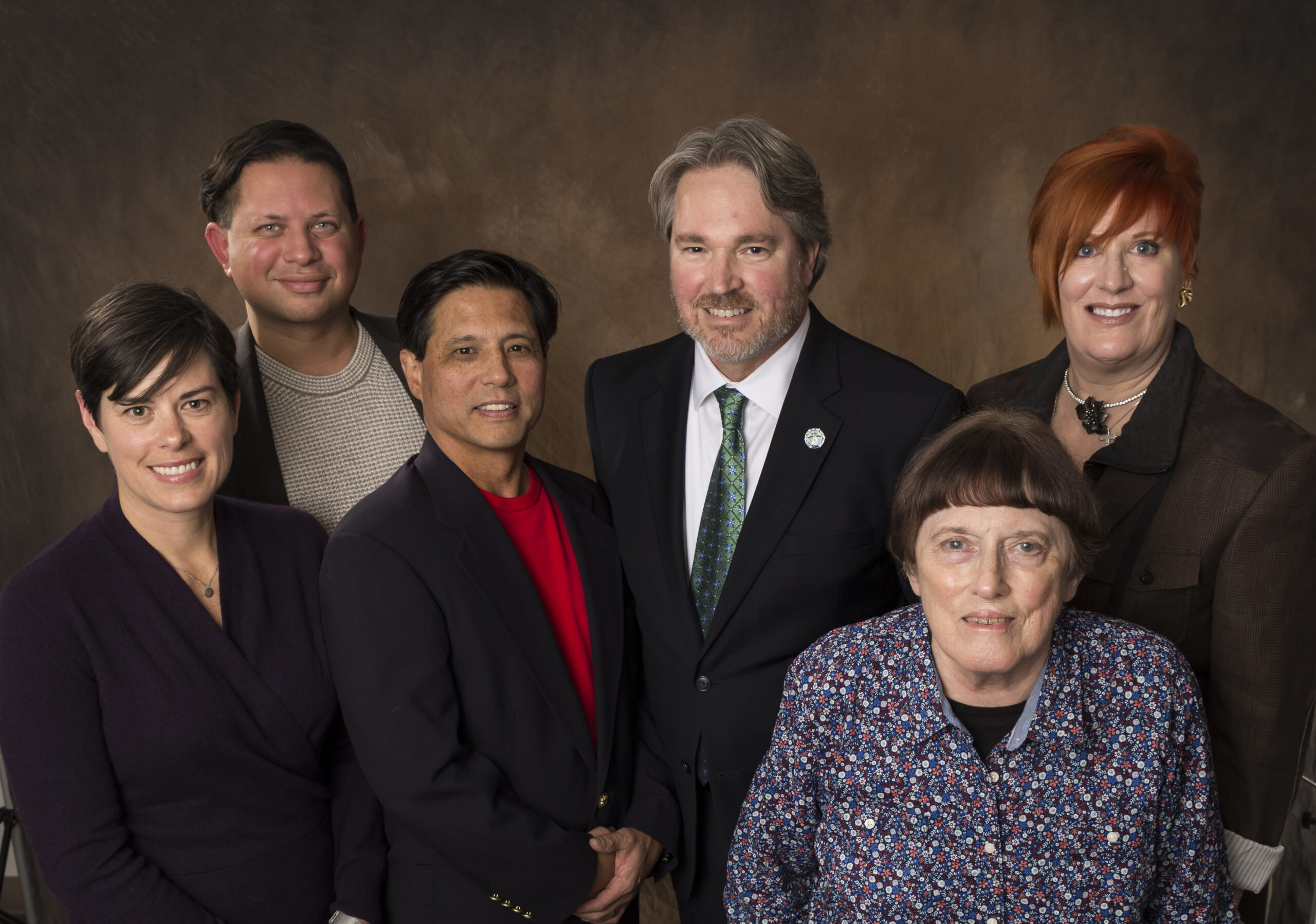

Comments on Chapelboro are moderated according to our Community Guidelines